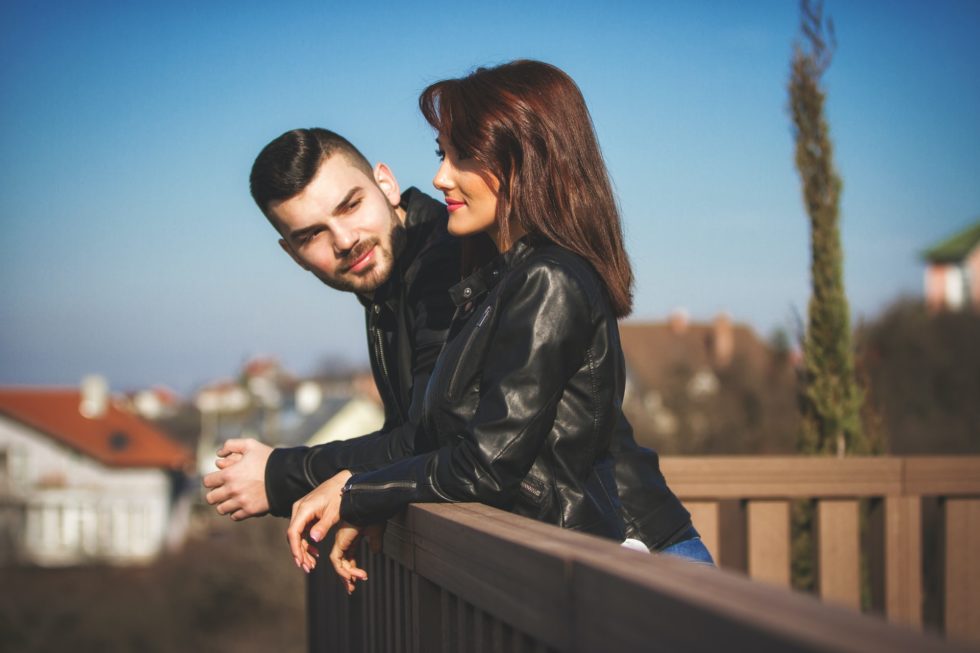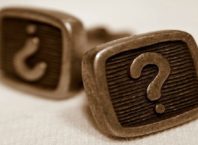Five or six years ago, when I was first venturing out into the dating world as an adult, dating apps were not a thing, but I still met potential partners with relative ease. Whether it was through my friends, out at a bar, in a coffee shop or whatever, connecting was not that difficult. Of course, I was still young and generally had no idea what I wanted. Within a year or two, a couple short-term relationships fizzled and I went back on the market amid a new-trend-gone-mainstream: Online dating.
At that point, most people were at least trying Match, OKCupid, eHarmony, and eventually dating apps like Tinder and Loveawake. Pretty soon, everyone was dating online. Then, everyone was dating almost exclusively online. And thus, our current culture of indecision, ghosting, hookups and general romantic mayhem was born.
The Effects of App Dating on Finding Relationships
Studies have looked into the cognitive effects of dating apps and online matching, and there are probably too many to count at this point. Way back in 2009, researchers showed that more options led to more time searching for prospects and poor quality romantic decision-making—and that was pre-Tinder. Despite the claims of matching algorithms, a 2015 study from relationship researcher Eli Finkel & co-authors showed that while dating in the digital age has inherently changed courtship, it hasn’t necessarily led to better outcomes.
A 2016 Atlantic article, “The Rise of Dating-App Fatigue,” perhaps put it best. Writer Julie Beck says that while of course apps have enabled the f*ckboys and douchebaggery to some extent, there is a deeper wave of mass disappointment about the lack of genuine connections created. “I hear far more complaints from people who are trying to find relationships, or looking to casually date, who just find that it’s not working, or that it’s much harder than they expected,” she says.
We were told this would be great! Simple! A pool of possibility! Um, lol. “The easiest way to meet people turns out to be a really labor-intensive and uncertain way of getting relationships,” says Beck. “While the possibilities seem exciting at first, the effort, attention, patience, and resilience it requires can leave people frustrated and exhausted.” That fatigue is so real. So, if I do want a real relationship, I cannot be bothered to fire up my online dating profile.
Why Even Use Apps to Date?
I’ve begun to realize dating apps are good for at least one thing, though: Data collection. Perhaps it is a crucial step toward finding a long-term partner — figuring out what you like, figuring out what you don’t like, tossing out the bad and recognizing the good. Here’s a spattering of random things I’ve learned about myself through the use of dating apps: I need a lot of emotional availability if I’m ever going to be able to “open up,” I loathe inconsistency, the sound of my date’s voice is either a huge attraction trigger or turn-off for me, sparks and chemistry are not the same thing, and coffee dates are always a bad idea (IMHO).
Some of these things seemed small, in isolation, as they were happening. But inconsequential moments in my dating life added up, created patterns, and taught me crucial lessons about my romantic needs.
Once upon a time, my mother told me that every man I dated would teach me something about the type of person I’d ultimately want to end up with. It’s true. And I didn’t necessarily need long-lasting relationships to learn these things. The data, the patterns I filed away in my subconscious, all the app dates I went on to outnumber the “organic” connections…. it’s starting to pay off. Something really interesting has been happening lately.
When I started dating like crazy years ago, I was so focused on the process dating; I thought that eventually an app date would lead to a magical connection if I just kept at it. I’d carefully read a profile, swipe right, chat on the app, give out my phone number, set up a date; repeat, repeat, repeat a million times. Sometimes I was more interested than they were; sometimes they were more interested than I was; sometimes neither of us seemed to care all that much. Romantic attraction needed to happen super-fast for both parties, because—duh—we were on a “dating” app, not a friendship app or a networking app. But what you feel on Day 1 is usually not indicative of how the relationship is going to pan out over the long-term.
Qualities of character, compatibility, communication patterns, genuine comfort and chemistry, aka the key components of lasting relationships, take a longer time to gauge. In fact, science has shown that the more time you spend with someone, the more you may see them as a potential great romantic partner, even if you didn’t at first; “For Couples, Time Can Upend the Laws of Attraction,” claims the New York Times, in reviewing the social science.
Only problem there? Time is something online dating does not typically allow for.
How Apps Can Help You Land Relationships—In an Unexpected Way
Looking back, I am not surprised none of my digital dates ever turned into a real relationship. If you feel similarly, it makes sense why dating apps are currently not working; the early stages of meeting those strangers are typically built around insta-attraction, not compatibility or commitment viability. Attraction is not the same as genuine companionship or deep romantic feeling. But back to what I’ve noticed.
My most significant relationship prospects were friends of friends—and I them all between eight months to two years before things ever became romantic. I just didn’t really see them that way at first. Not that there was nothing there at all, but, rather, I didn’t recognize it. My theory is simple: When I met each of them, I was distracted. I was casually dating around via app, breaking up with someone I met on an app, and then focusing on my career (all while dodging another guy I met on an app, who wanted to date) in that order.
I may not have noticed a real connection when it popped up, but the app dating was not a loss. All that time I spent on dating apps was informing what I wanted in a partner, at the very least. When I’d gotten closer to someone ideal for me, I was ready for a relationship. When I saw these guys again, with acquired experience and collected data about myself, these men became extremely attractive potential partners for me. I knew them. I felt the compatibility. It was a different type of attraction—and it stuck around much longer.
So, try this: When you use dating apps, lower your expectations and reframe your goals. Show up with the intention to find things you like, and things you don’t. If they disappear, remember it’s the nature of this beast we call “modern dating,” at least as it stands right now (rest assured; I am working to change it from the inside).
And keep your eyes open for connections to materialize in or around your social circle—people you kind of know, and have observed outside the context of a romantic setting. Hopefully people your friends can vouch for. Maybe you get lucky. Or maybe for you, app dating is not about finding love at all. It’s about collecting data, so you can recognize love when it arrives.






